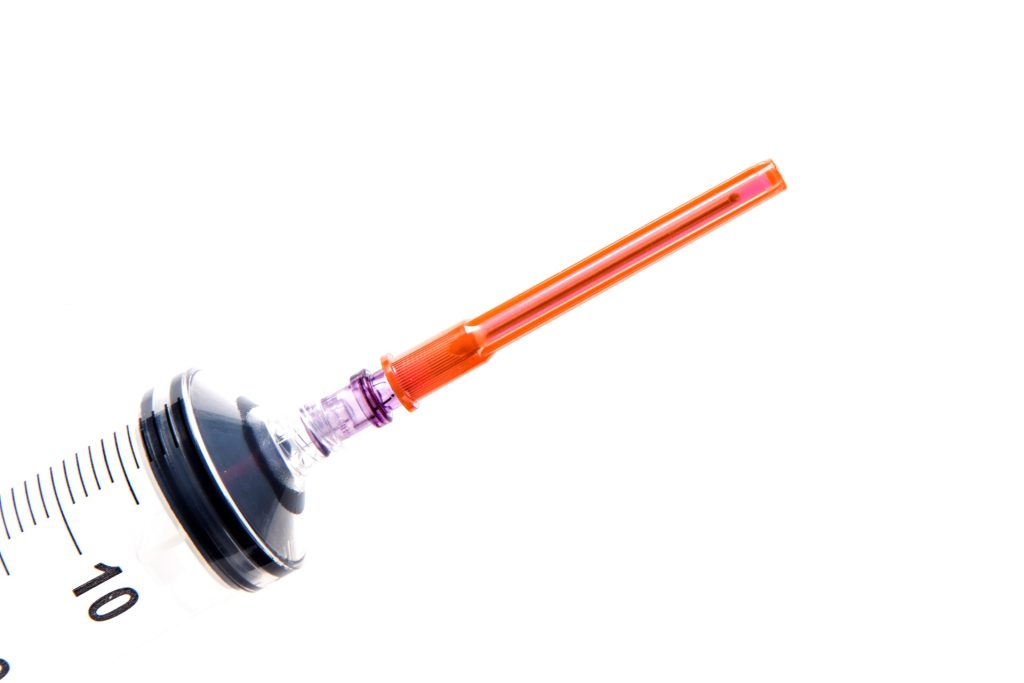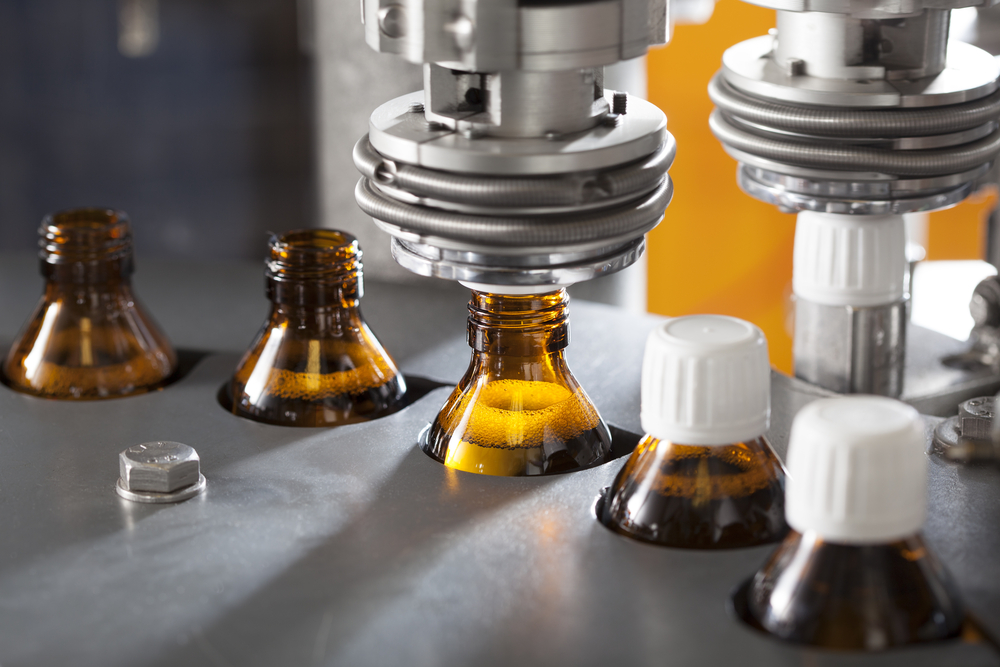Manufacturing Problems for Hepatitis B Vaccine Leads to Shortages

At the moment there is a shortage in the vaccine for Hepatitis B. This shortage which could have significant impacts has been caused by problems which have occurred in the manufacturing process. The news has been announced by Public Health England, and now a number of different measures have been put in place so that those who are at the highest immediate risk will have access to the vaccine through the NHS. The measures to minimise the impact of this shortage have been designed by Public Health England working alongside NHS England and the Department of health. The manufacturers have also been involved in the implementation of the series of measures which will be in place until the beginning of 2018. The manufacturing process of the Hepatitis B vaccine will also be kept under review in order to monitor the process. Public Health England has said that the risk of catching Hepatitis B in the UK is very low. This is good news considering the issues that are currently being faced with the manufacturing process. The supplies of the vaccine are limited, and therefore it is important to make sure that those who are at a higher risk of catching the disease have access to the vaccine. It is decided who is at the highest immediate risk by doctorâs assessments. For those who are considered less at risk, a Doctor could advise that it is safe for the vaccine to be deferred until a later date. For those who have already been exposed to the hepatitis B virus, the vaccination will still remain available. It has also been announced that hepatitis B protection is to be included in the routine childhood immunisation programme, which works to inoculate children at 2, 3 and 4 months. This introduction is still expected to go ahead as planned.
Top 15 Pharmaceuticals Companies Remain Positive Despite Slow Growth

Statistics released this week have revealed that the worldâs top 15 multinational pharmaceuticals companies are struggling to remain profitable. News has hit the multibillion pound industry hard and the race is on to find study ground. The pharmaceuticals industry has amongst the highest profit margins of any industry and rakes in billions of pounds globally. And arguably with good reason for the need to find preventive measures and cures for todayâs disease is more urgent than ever. Despite consistent growth for many years, however, 2015 was a year of devastatingly poor revenues by comparison. The aggregate net revenue of the 15 global pharmaceuticals businesses fell fallow at $501bn in 2015. And whilst the eye-watering figure might prompt some to cast aspersions on just how at risk the industry has found itself, it is the first year the sector has grown so little. To put it in perspective, their aggregated profit (before tax, interest etc.) increased by just 4.5% to $138 billion â the worst performance in decades. Novartis remained in the lead with sales of $49.4bn. In fact, 2014âs top five held on to their rankings last year: Pfizer; 2nd, Sanofi; 3rd, Roche 4th, and Merck; 5th. Have we reached a plateau in just where the industry can go? The industry has bravely hit back with an adamant, No. The sector has, instead, criticised changes in government policy as well as drawing attention to the increasingly competitive marketplace which the pharmaceutical industry has since become. The public will undoubtedly be aware of many of the cuts facing the sector in light of some highly public hospital closures and cuts to community pharmacies. Companies have added, too, that cuts are prevalent behind the scenes. Also to blame are recent adverse exchange rates as well as increased investment in R&D which has yet to pay back. The leading group â comprising a range of vaccine, consumer healthcare, diagnostic, medical devices and animal health specialists â nevertheless remains positive for the future of the industry. Investment in pioneering research will always provide a return eventually, and new ways to combat the lack of support from government are found every day.



